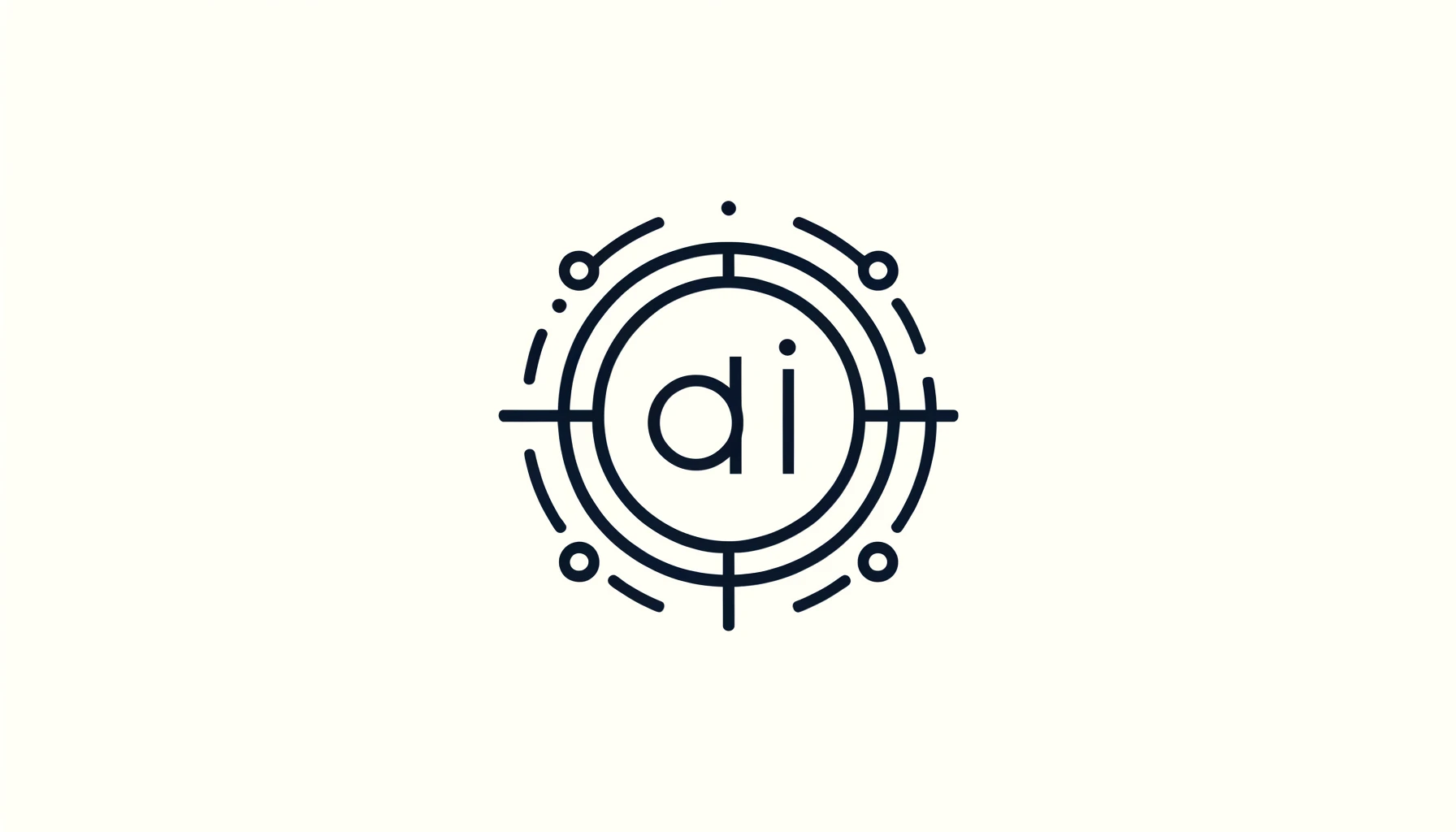Databricks has unveiled a significant expansion of its Mosaic AI platform, introducing five new tools aimed at empowering enterprises to efficiently build and deploy large language models (LLMs). Announced at the company’s Data + AI Summit, these advancements represent a concerted effort to address the critical challenges of model reliability, cost-efficiency, and data privacy.
Major Enhancements to Mosaic AI
Databricks, a leading data and AI company, acquired MosaicML for $1.3 billion last year. The acquisition has since been rebranded as Mosaic AI and integrated deeply into Databricks’ suite of AI solutions. This week, the company introduced five new tools: Mosaic AI Agent Framework, Mosaic AI Agent Evaluation, Mosaic AI Tools Catalog, Mosaic AI Model Training, and Mosaic AI Gateway.
CEO Ali Ghodsi and CTO Matei Zaharia discussed these updates, emphasizing their importance in the context of growing interest and advancements in generative AI. Ghodsi noted, “The things everybody cares about are still the same three things: How do we make the quality or reliability of these models go up? How do we ensure cost-efficiency? And how do we maintain data privacy?”
New Tools and Their Functions
Mosaic AI Agent Framework
This tool provides a serverless vector search functionality, enabling developers to build their own retrieval-augmented generation (RAG) based applications. It combines classic keyword-based search with embedding search, deeply integrated with Databricks’ data lake, ensuring synchronized data and robust governance.
Mosaic AI Tools Catalog
This catalog facilitates the discovery and governance of AI tools and functions across an enterprise, enhancing the visibility and management of AI resources.
Mosaic AI Model Training
Designed to allow enterprises to fine-tune models with proprietary data, this service aims to improve model performance on specific tasks, catering to the unique needs of different organizations.
Mosaic AI Agent Evaluation
This AI-assisted evaluation tool employs LLM-based judges to assess model performance in production. It also incorporates user feedback and labeling to refine datasets, bolstered by visualization capabilities from Databricks’ recent acquisition of Lilac.
Mosaic AI Gateway
The Gateway offers a unified interface for querying, managing, and deploying any open source or proprietary model. It includes a centralized credentials store and rate-limiting features to control costs and maintain data governance.
Context and Background
Databricks’ expansion of Mosaic AI comes amid a significant shift in how enterprises approach AI. Previously, many companies relied heavily on proprietary models like those from OpenAI, despite public endorsements of open-source solutions. However, as enterprises grow more sophisticated in their AI deployments, there is a clear need for tools that can support complex, multi-component systems involving various models and external databases.
The new Mosaic AI tools address these needs by providing modular systems that allow engineers to control and optimize all aspects of their AI applications. This modularity is crucial for mission-critical applications where precision and reliability are paramount.
Expert Perspectives
From my point of view, Databricks’ latest offerings are a strategic response to the evolving demands of the AI landscape. The focus on modularity and integration reflects an understanding that enterprises require flexibility and control over their AI systems. By enabling fine-tuning with proprietary data, Databricks empowers companies to tailor AI models to their specific needs, potentially leading to more relevant and accurate outcomes.
However, these advancements also highlight the growing complexity of AI deployments. Enterprises must now navigate a landscape where multiple models and tools are interconnected, necessitating robust governance and monitoring solutions. The Mosaic AI Gateway’s unified interface and centralized credentials store are critical in this regard, providing a streamlined approach to managing these complexities.
Pros and Cons
Pros:
- Enhanced control over AI applications with modular systems.
- Improved model performance through fine-tuning with proprietary data.
- Comprehensive governance and cost management features.
Cons:
- Increased complexity in deploying and managing multi-component AI systems.
- Potential challenges in ensuring data privacy across interconnected tools and models.
Conclusion
Databricks’ expansion of Mosaic AI represents a significant advancement in the enterprise AI sector. By addressing the key concerns of reliability, cost-efficiency, and data privacy, these new tools provide a robust framework for building and deploying sophisticated AI applications. As enterprises continue to evolve in their AI journey, Databricks’ Mosaic AI stands out as a pivotal platform for driving innovation and achieving high-impact results.






